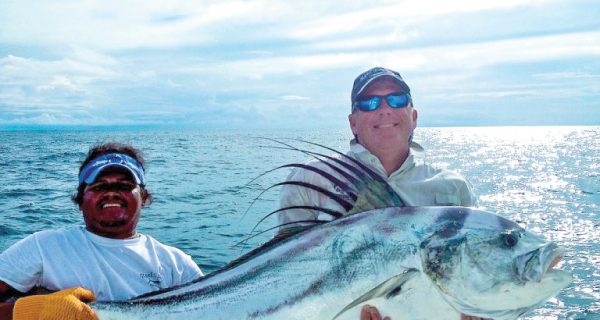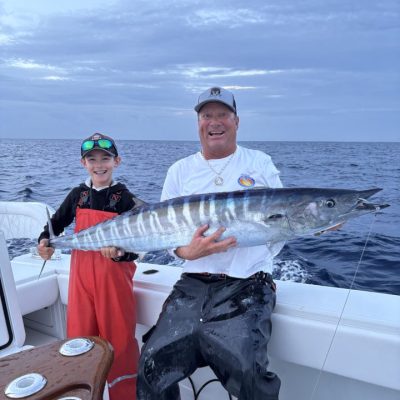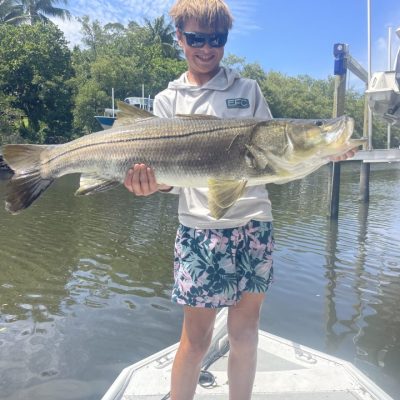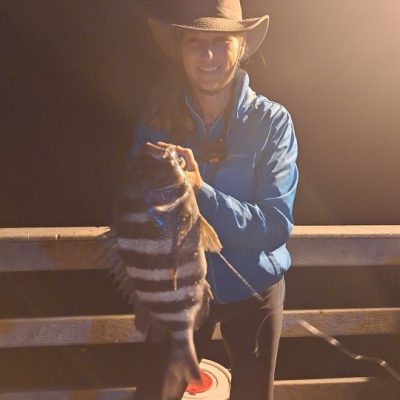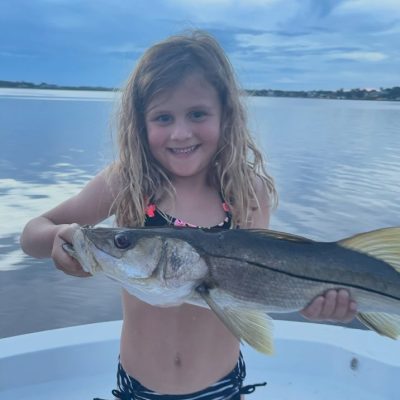Conservation
Environmental and waterway news.
Latest in Conservation
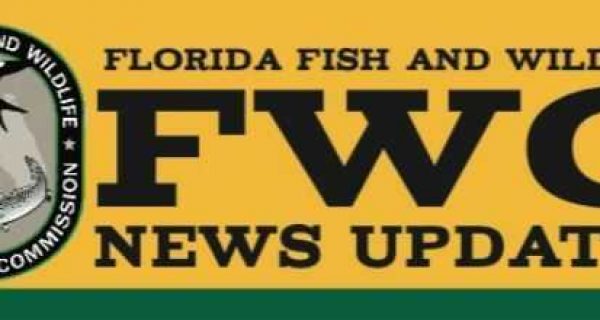
FWC Update: Grouper and Atlantic Hogfish Seasons Re-Open May 1
May openings and closures.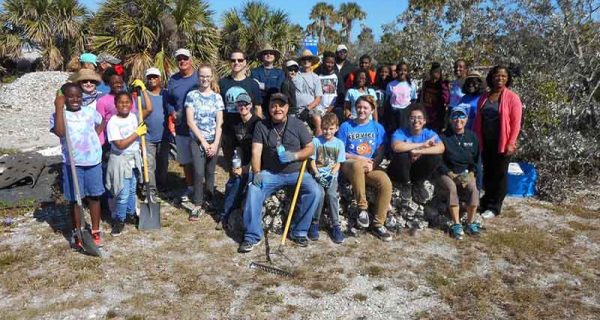
SLC Artificial Reef volunteers build modules, fishery assessment; coastal partnership update
In early March, 41 volunteers created another 500 oyster reef modules in less than three hours.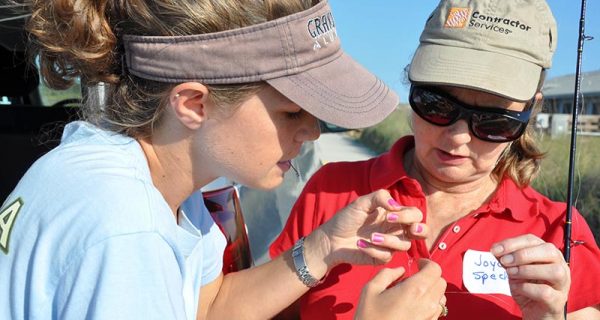
Saltwater fishing clinics are for everyone
The FWC hosts fishing clinics for everybody. Participants learn everything they need to know to fish on their own while conserving Florida's marine resources, from knot tying and fishing tackle to conservation efforts and marine habitats.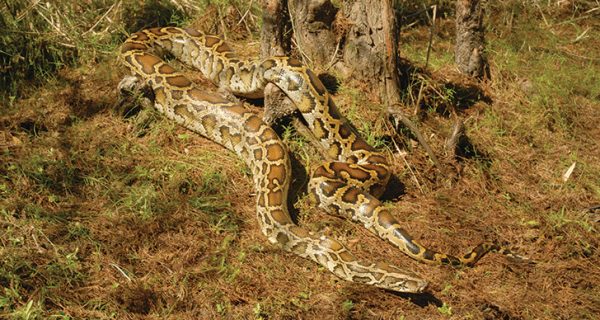
Florida’s Python Scourge
Last month, a Burmese python swallowing and regurgitating a deer fawn made national news when photos were released by the Conservancy of Southwest Florida.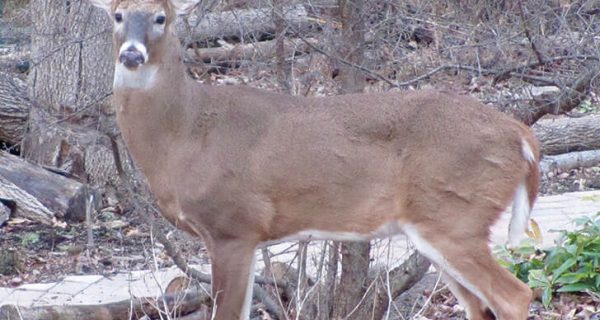
Chronic Wasting Disease Found in Mississippi
In February, a whitetail buck from the Mississippi Delta tested positive for chronic wasting disease (CWD). It is the first known case in the Southeast.